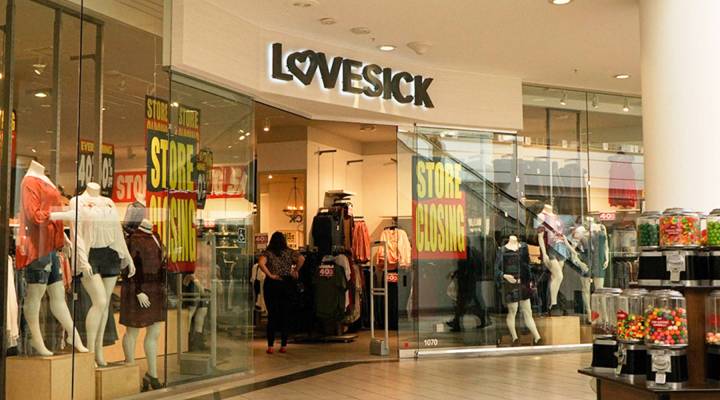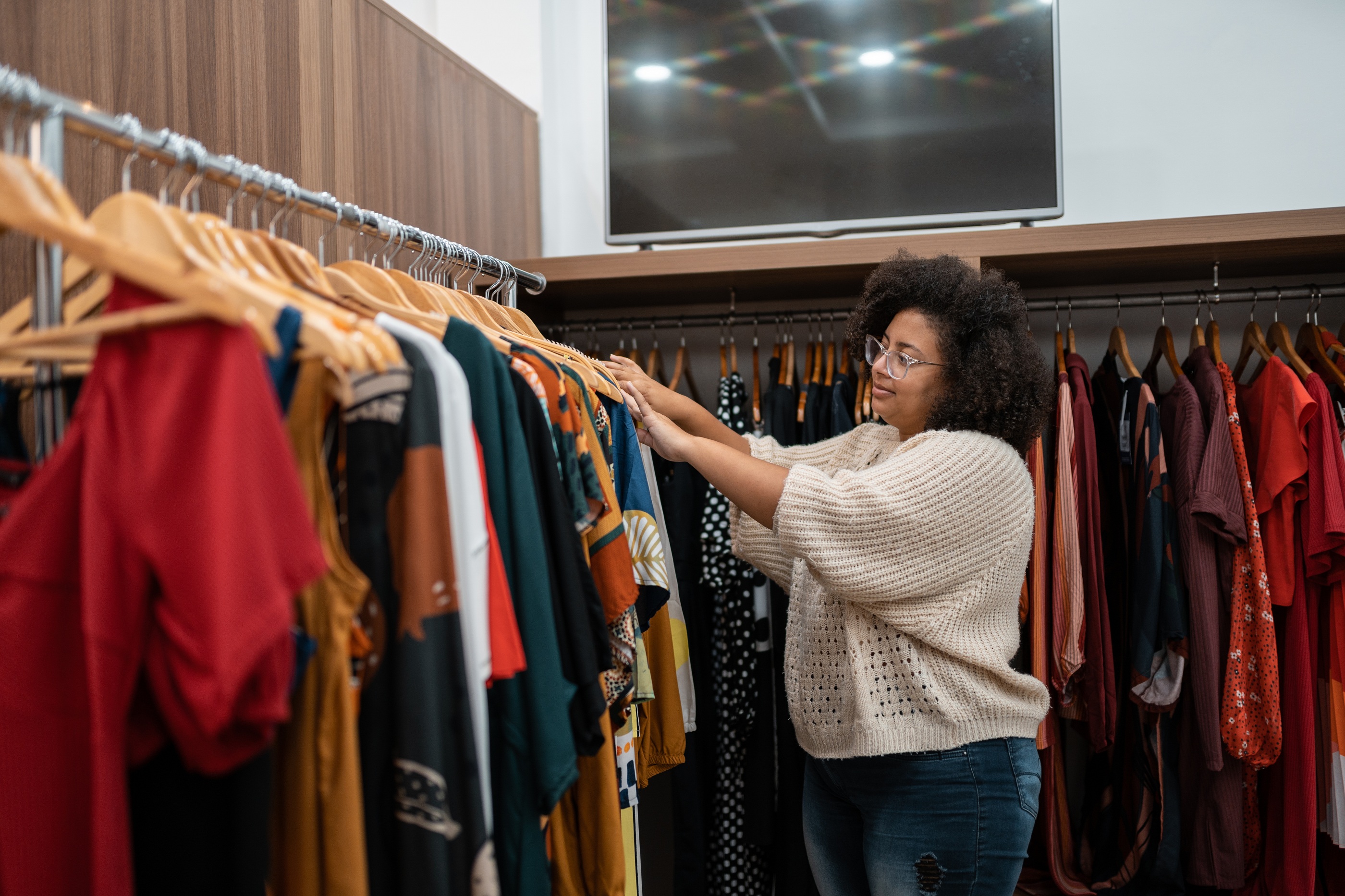
Plus-size women lose fast fashion option with Lovesick closure
Plus-size women lose fast fashion option with Lovesick closure

Plus-size women are losing an outlet for fast fashion. The Lovesick chain closed its 23 stores this week indefinitely for rebranding. Some stores may stay open longer to liquidate stock. Originally launched by Torrid, the brand targeted young plus-size women and teens, giving them the cute clothes they want instead of unflattering stuff they’ve had to put up with for years. So why is the brand being abandoned when there’s such an obvious demand?
It’s a pent-up demand, according to plus-size fashion blogger Jessica Torres. She said growing up, there were so few places to get clothes in her size that sometimes she would buy from the men’s section.
“I would even cut T-shirts up and then make them look different because we were so tired of the few options that we had.”
| Why clothing sizes are all over the map |
| Jenna Lyons leaving isn’t J. Crew’s only problem |
| Why a former Chanel CEO purged her closet |
So when plus-size chain Torrid launched Lovesick as its younger, hipper, more affordable sister store last year, Torres said the response was huge, noting her friends’ Facebook posts that said things like “Don’t sleep on Lovesick! They have really cute stuff!” The response in March when Lovesick announced it was closing?
“That’s literally all I saw on my timeline,” said Torres.
It’s one less place for Julie Dugan, who frequents the location in West Covina, California, to try on clothes.
“Having that resource cut off,” she said, “is a huge disappointment.” Dugan, 36, said one of Lovesick’s major flaws though, was inconsistent sizing, which she attributes to the brand buying its products from various private labels. She also criticized Lovesick for increasing its size range downward to size 8, instead of upward to even larger sizes.
We took visual merchandiser Tony Lopez to a Lovesick store before it closed to get his take on whether the storefront and floor plan were effective.
“When you’re looking at windows, and you’re looking at the mannequins, you want to make them all cohesive and make them all friends. They’re all going out together.” Lopez said, “Lovesick doesn’t have that.”
Lopez said there are too many styles in its window: the festival look, dark bohemian, ’90s throwback. It should be a concise presentation, based on one current trend, he said. He said that in his opinion, Torrid does this better and has a more open layout inside the store that directs the shopper better and feels more fashionable. But, he added, Torrid is not targeting buyers under 30.
Retail analyst Marshal Cohen said Torrid, which was established in 2001, would want to grow with its customers instead of rebranding every five years, trying to capture consumers who are now adopting online brands. He said Lovesick may have been an effort to break away from the reputation of Torrid, but, “What it’s really doing … is just duplicating efforts, and not creating growth, just displacing the sales that exist.”
Torrid declined to comment on Lovesick’s closing, but Torres said plenty of women in the U.S. are still looking for a place to try on clothes that are size 16 and up.
There’s a lot happening in the world. Through it all, Marketplace is here for you.
You rely on Marketplace to break down the world’s events and tell you how it affects you in a fact-based, approachable way. We rely on your financial support to keep making that possible.
Your donation today powers the independent journalism that you rely on. For just $5/month, you can help sustain Marketplace so we can keep reporting on the things that matter to you.

















